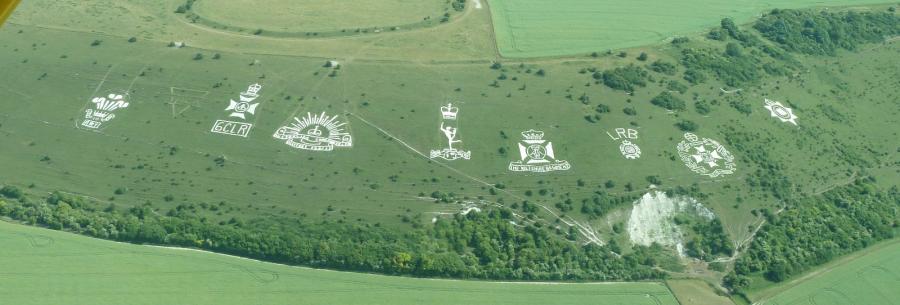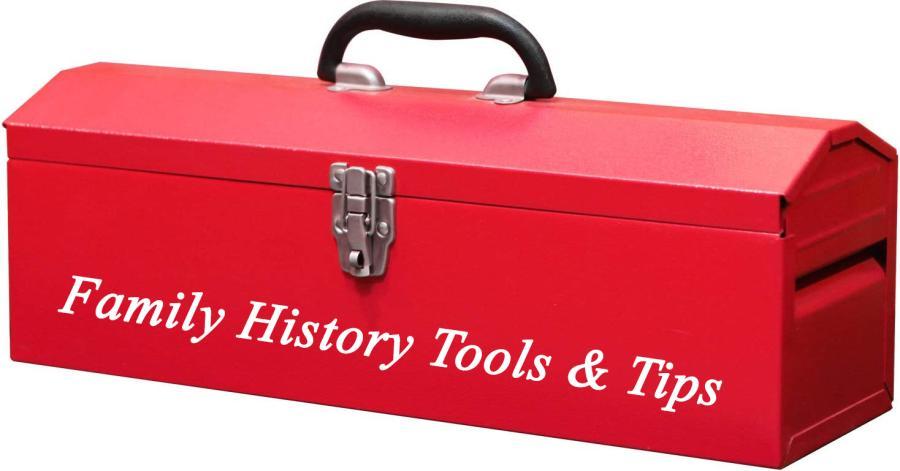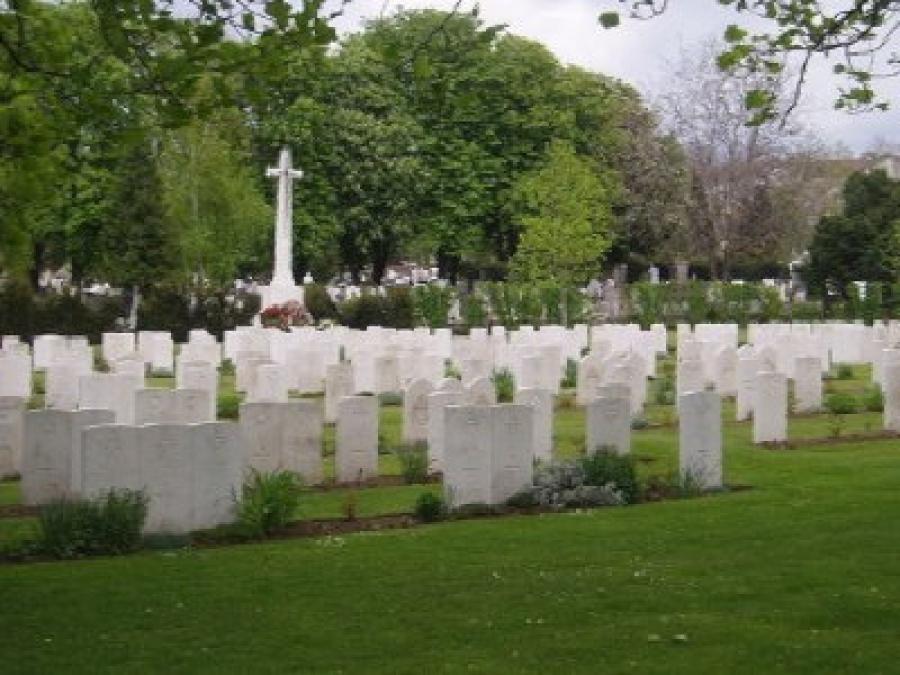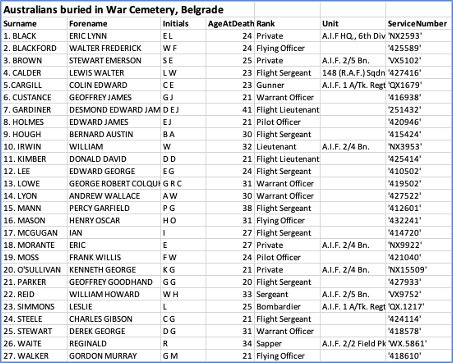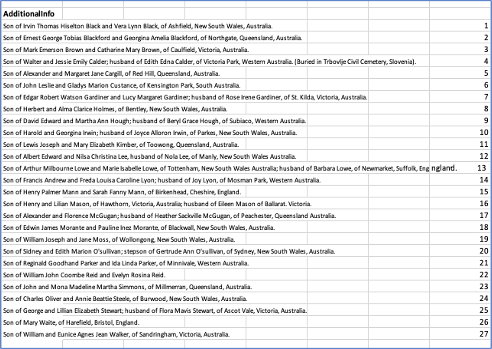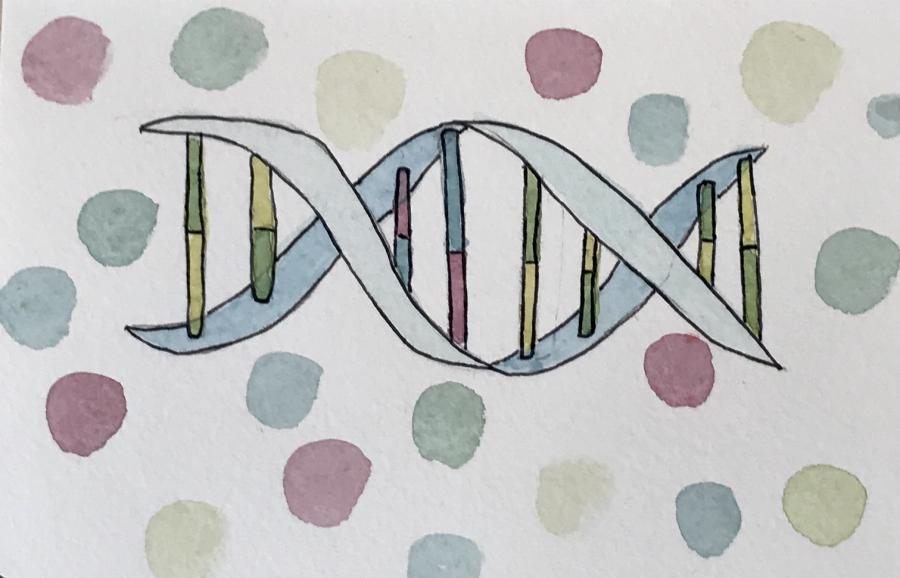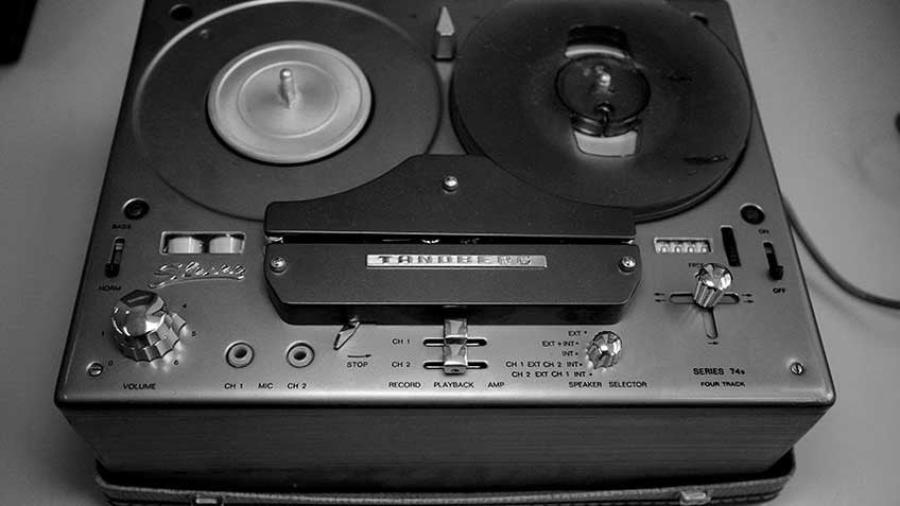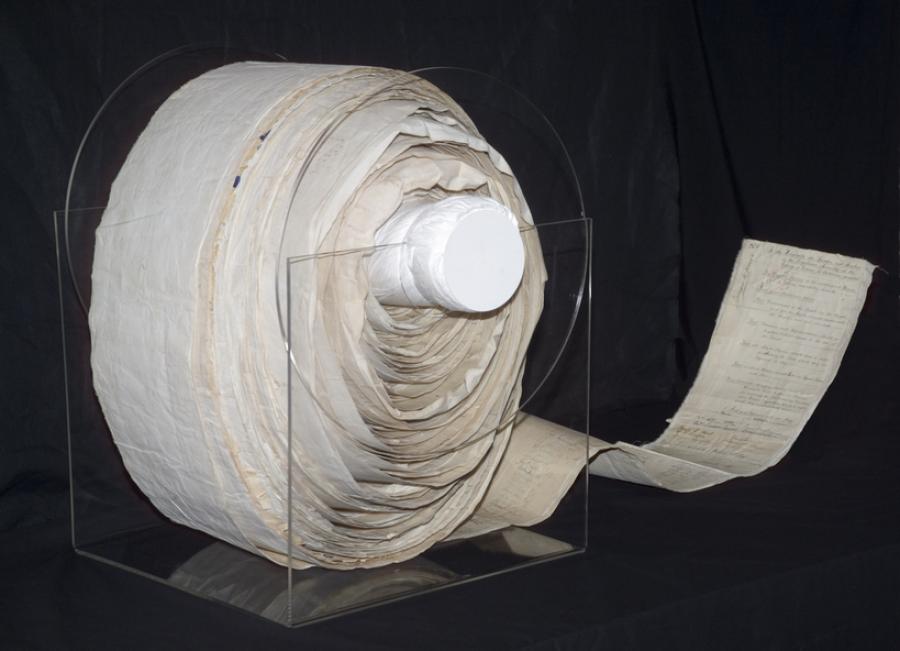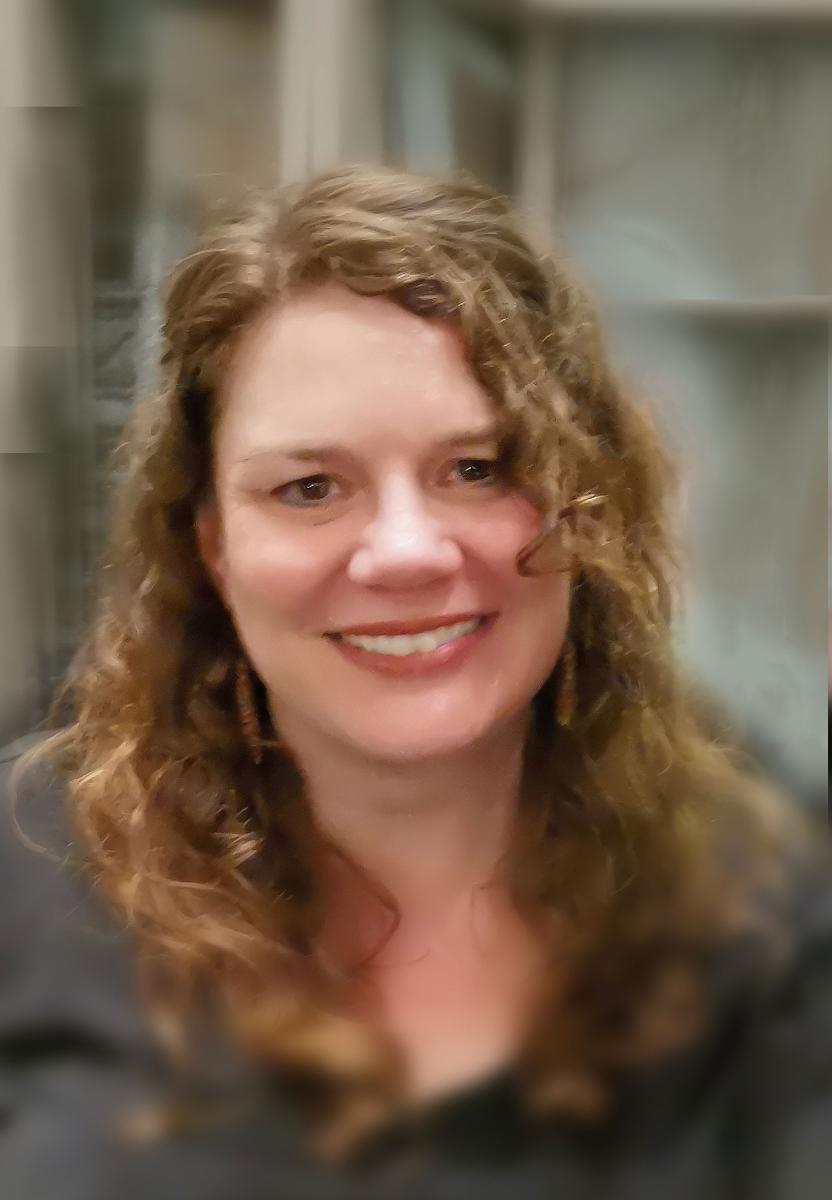Family History ‘Gems’ hidden in Bendigo and district records
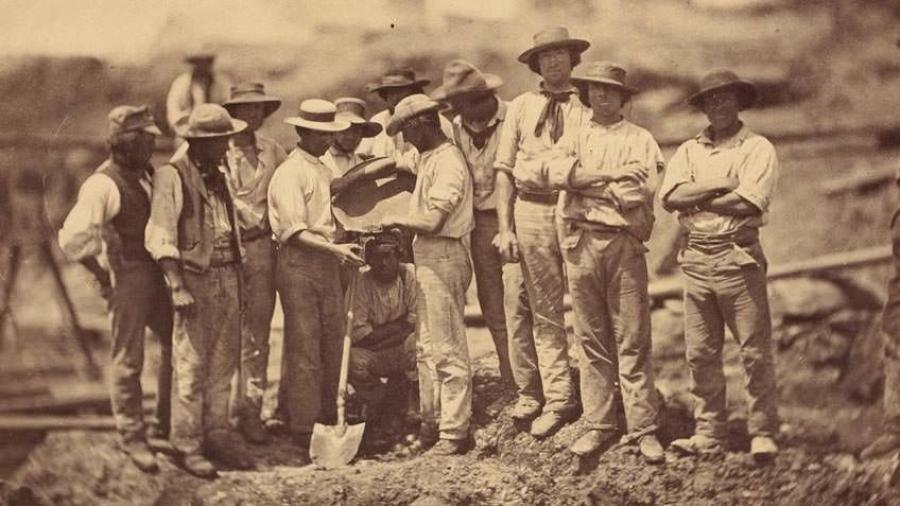
We have a real treat in store for the VicTas discussion circle on Thursday 27 April at 7.30pm.
Dr Michele Matthews, M.A., Dip. Ed., member of PHAV & Tas., will be speaking to us (on zoom). Michele is a passionate social historian with decades of experience.
Michele will focus on the delights of studying a city and its hinterland, such as Bendigo and district, as a microcosm of Victorian and Australian society, which should hopefully be of assistance to us as genealogists.
Michele will also assist us to better understand the unique primary sources available to us within the BRAC collection (and other records held in Bendigo). Some of the records covered in this talk include Local Government records, Court records, school records, occupational records and so much more. We’ll also learn about how people lived in the Sandhurst district in the 19th century.
This will be a talk with much wider appeal than just Bendigo and district. The techniques and records that Michele will introduce us to also relate to other municipalities and schools.
It’s a 7.30pm meeting, so kick back with a cuppa or a glass of wine and join in a most interesting evening. Don’t forget to register on the GSV website under Activities - Events.
Please note, you need to be a GSV member to join a discussion circle (what a great reason to join).


